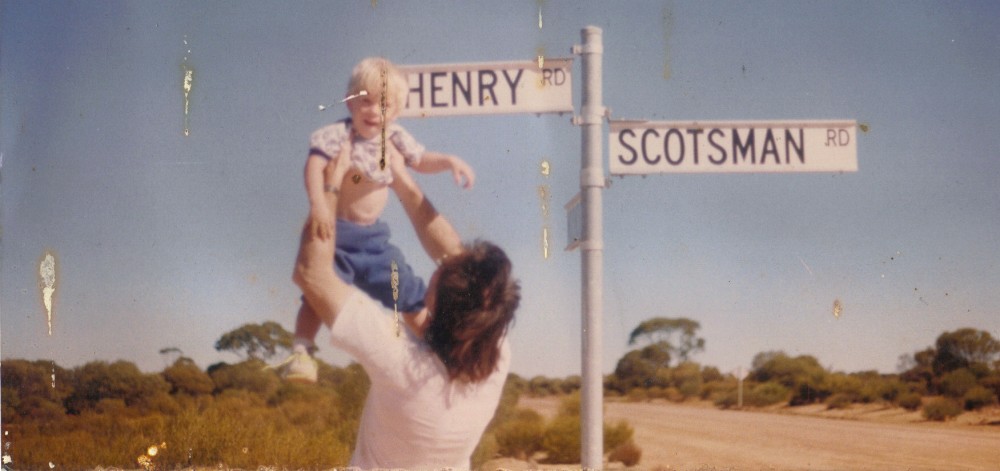As we’ve mentioned, there’s interplay between media and so we have novels that have been given many treatments. Just one popular method is a film adapted from the novel which then spins off into a graphic novel and inspires songs that appear on some dustbowl compilation.
Each format, though, has its own features that will ipso facto be missing from other work transferred to other entertainment forms and audience.
The world of novels, Ghost of Tom Joad notwithstanding, is not the main territory of song. Both capture snatches of reality and highlight the cosmic absurd. They build impressions the more we read/listen. Yet even the rambling song won’t cover all the elements of a dense work of fiction. Neither will the novel encapsulate so much within such a condensed form or utilise aids to convey its impressions.
The novel on Kindle is no closer to song just because it there’s a shared screen. To move between The Turtles and Your Fathers, Where Are They? And the Prophets, Do They Live Forever? by Dave Eggers is a shift and not just because of subject matter or tone.
II
If I ever decide to write a novel, it won’t be to illustrate the difference to song but we can pretend. Let’s call it Money Trail and outline the concept of the novel as being following the money trail on where some of our millions and billions are going. You could divide the segments into chapters or parts so we can see the weaponry and surveillance equipment and where it ends up, what the sellers do with our money after the transaction has taken place, what the consequences are in each scenario.
In the same way, you could divide up song verses to illustrate the various expenditure and you could even punctuate these with a chorus about money trails. Why is this different? In the simpler plot-driven novel there may not be that much difference. Most novels tend to dwell on inner thoughts or describe in lavish details the objects and surrounds while songs provide richness in a singular image that allows the listener to imagine further.
This distinction is complicated by an awareness that the novel is perfectly capable of containing passages that allow the reader to fill in the blanks.
III
And writing a novel from a song? I don’t see why you couldn’t. While a song may be a statement that stays where it is, a novel has to progress, even if with a introverted eyebrow raise. Whether it’s one person’s journey or the resolution of some sci-fi concept about what would happen if amphibians dominated, the novel draws the reader in and keeps them turning the page. A song doesn’t have to have that durability in the immediate because it can loop its intent. Otherwise why relisten? So this suggests that you’d either pad the tale when converting to novel or choose a song that is already rich in story.
Let’s see what could be done from this song, called “Carbon Dating”
Carbon Dating
I copy your moves as my mood improves
The solutions salves and somehow sooths
Pickaxe the outline of ancient design
Yours are the shores to mine
We’re carbon dating
Rocks rendered with open ended analysis
A sting that brings paralysis
A feel for the feelers flailing on land
Evaluating evolution just as planned
Carbon dating
The scrapes she shapes in tiny lines
Confounded in the coarse confines
Of bended bone and jagged tooth
Chiselled grooves of further proof
We’re carbon dating
